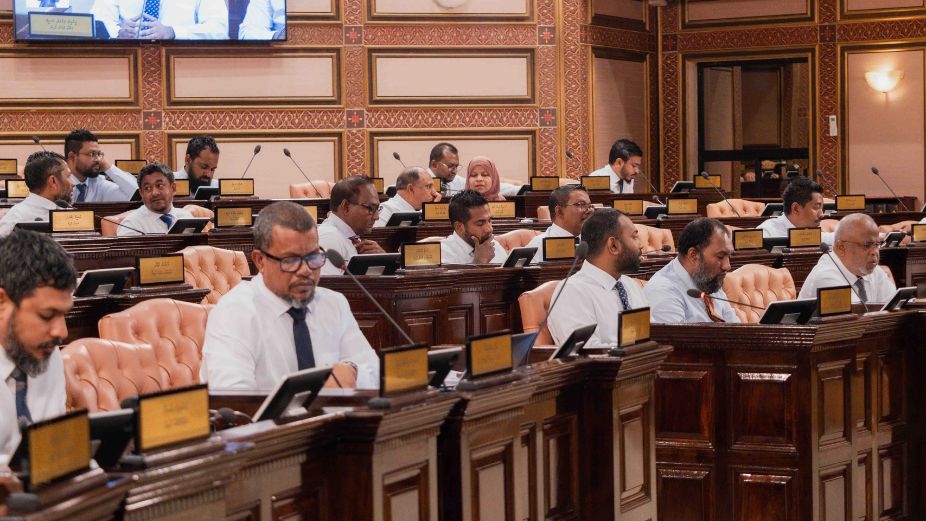
Parliament’s committee of the whole has passed a major amendment to the Special Economic Zone (SEZ) Act, paving the way for the creation of “sustainable townships” that combine real estate, tourism, and public services under a single integrated framework.
The amendment, introduced by People’s National Congress (PNC) MP Ibrahim Shujau on behalf of the government, marks the first change to the SEZ Act since it was enacted in 2014. It aims to attract large-scale investments by offering tax incentives and concessions to developers who commit to building self-sufficient, environmentally conscious townships.
Under the new provisions, sustainable townships are defined as centrally managed large-scale developments that include residential, tourism, and public facilities while maintaining a focus on sustainability. These zones must feature on-site housing, healthcare, education, and recreation facilities, with at least 60 percent of their operational energy sourced from renewables. Developers are also required to establish sustainable food production systems to reduce import dependency.
To qualify for such projects, investors must pledge a minimum investment of USD 500 million. Each township must incorporate an international-standard hospitality training centre or hospital, in addition to luxury tourism facilities and modern amenities.
The bill includes notable tax incentives for investors. Developers will enjoy a reduced income tax rate of five percent for the first 10 years, rising to 10 percent for the following decade, before reverting to the standard rate under the Income Tax Act. Capital goods imported for township development will be exempt from import duties.
Hoarafushi MP Ali Moosa successfully introduced an amendment to impose a four percent property transfer tax on villas or rooms sold on a strata basis within tourism and integrated resort zones. The amendment passed with 55 votes in favour and five abstentions.
Despite strong opposition from Maldivian Democratic Party (MDP) MPs, who called for more consultation with stakeholders such as the Maldives Association of Tourism Industry (MATI) and relevant ministries, the government-aligned majority pushed the bill through committee.
Galolhu South MP Meekail Ahmed Naseem had sought to delay the review until February 2026, citing the need for broader consultation and warning against rushed legislation. However, his proposals were voted down by 53 members.
The bill, which passed the committee stage with 55 votes in favour and nine against, mandates that regulations for implementation be published in the Government Gazette within six months of enactment. Once ratified, the amendment will come into immediate effect, signalling the government’s intention to fast-track the establishment of sustainable township zones as part of its broader development agenda.












